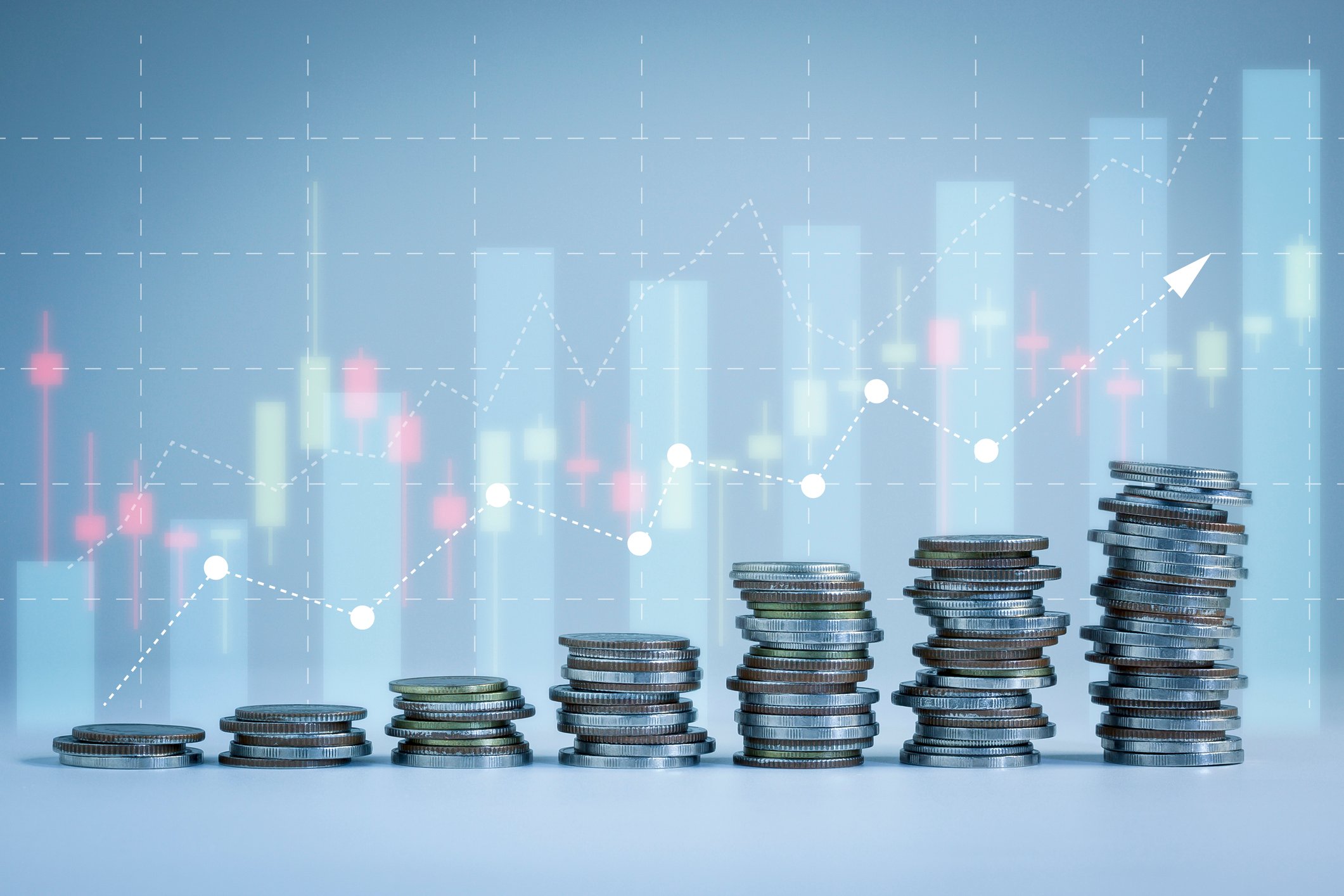The energy market has endured unprecedented volatility over the past few months. Dual body blows to supply (from the collapse of OPEC's original agreement with Russia), and demand (from the COVID-19 outbreak) have caused commodity prices to crater. That has put intense pressure on the industry.
Kinder Morgan (KMI +1.86%) isn't immune to all this volatility, which was evident in its first-quarter results. However, it is holding up better than others in the energy sector thanks to the strength of its assets and balance sheet. It was even able to give investors a raise, albeit at a lower rate than it initially expected.
A closer look at Kinder Morgan's first-quarter earnings
|
Metric |
Q1 2020 |
Q1 2019 |
Year-Over-Year Change |
|---|---|---|---|
|
Adjusted EBITDA |
$1.848 billion |
$1.947 billion |
-5.1% |
|
Distributable cash flow (DCF) |
$1.261 billion |
$1.371 billion |
-8% |
|
DCF per share |
$0.55 |
$0.60 |
-8.3% |
Data source: Kinder Morgan.
Kinder Morgan's first-quarter earnings and cash flow declined year over year because of the sale of some assets to Pembina Pipeline (PBA +1.16%) and the impact of the energy market dislocation. Those dual headwinds caused an across-the-board earnings decline:

Data source: Kinder Morgan. Chart by the author.
Earnings in the natural gas pipeline segment slipped 2% year over year. Several factors weighed on its results, including milder winter weather in the Northeast, a rate settlement, and the sale of the U.S. portion of the Cochin pipeline to Pembina. Those factors more than offset the positive impact from the recent completion of the Gulf Coast Express pipeline and Elba Liquefaction project. Meanwhile, earnings would have increased slightly if not for the sale of Cochin.
Product pipelines earnings slumped 7% compared to the prior-year period. The significant slump in commodity prices was the main culprit because that weighed on the value of its inventory. The company also saw a considerable decline in refined product volumes in March. These issues offset higher oil pipeline volumes, thanks to a recently completed project.
Terminals earnings tumbled 14% during the quarter, mainly because of the sale of Kinder Morgan Canada to Pembina. That more than offset the positives within its liquids storage business as customers filled its terminals up with excess crude and refined products because ofthe decimation in demand from the COVID-19 outbreak. If it weren't for the sale of Kinder Morgan Canada, earnings in this segment would have been roughly flat year over year.
Finally, earnings in the carbon dioxide segment fell 5%, mainly because of lower oil and carbon dioxide volumes as well as weaker natural gas liquids prices. Those issues offset the fact that Kinder Morgan's oil price hedges enabled it to capture a higher price for its crude during the quarter compared to the prior-year period.

Image source: Getty Images.
A look at what's ahead for Kinder Morgan
Cratering oil prices and demand for refined products resulting from the COVID-19 outbreak will have some effect on Kinder Morgan's financial results this year. It now anticipates its full-year DCF will come in at $4.6 billion, or $2.02 per share, about 10% below its initial guidance of $5.1 billion or $2.24 per share. Meanwhile, it sees adjusted EBITDA at $7 billion, which will miss its budgeted level of $7.6 billion by 8%.
The company is also pulling back the reigns on capital spending in light of the current market conditions. Overall, it's reducing its budget by $700 million, or about 30%, to $1.7 billion. It's cutting investments in its natural gas pipelines segment by more than $450 million, which includes the removal or deferral of several gathering and processing projects. It's also cutting more than $125 million out of its carbon dioxide segment as it defers projects at two key assets over low oil prices.
Finally, it has opted not to go ahead with its long-standing plan of increasing its dividend by another 25% this year. Instead, it will provide investors with a 5% raise. However, it remains committed to eventually delivering on its initial dividend target. If economic conditions return to normal, it could increase it to that level at its next board meeting in January of 2021. In the interim, it used some of its financial flexibility to repurchase $50 million of stock in March at an average price of $13.94 per share.
These moves will enable Kinder Morgan to maintain a strong balance sheet. Even with the anticipated earnings decline, the company expects its leverage level to end this year at about 4.6 times debt-to-EBITDA. That's around its 4.5 times target, though below its initial 4.3 times projection.
Taking a prudent approach during these challenging times
While Kinder Morgan has the financial flexibility to deliver on its initially planned dividend increase, it chose to be conservative. That will enable it to retain more cash to enhance its financial flexibility during this current period of uncertainty. That's a wise move given that market conditions could get far worse in the coming months if the economy doesn't bounce back as quickly as most hope it will.







